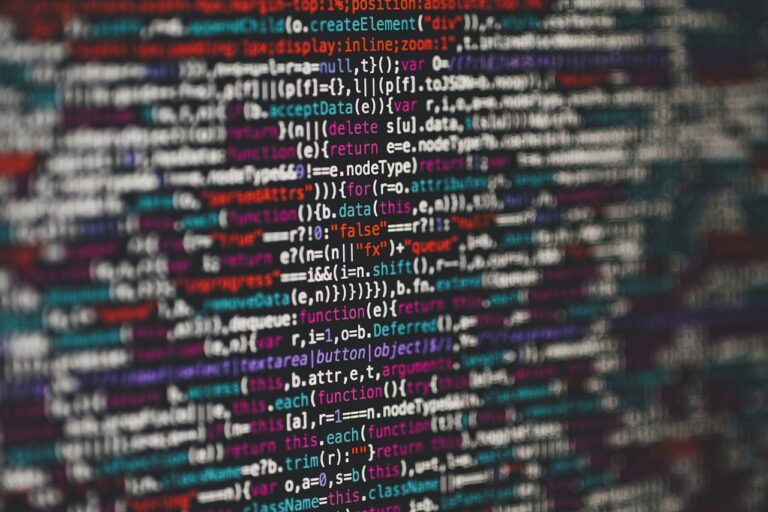Big tech companies including Adobe, Amazon, Google, IBM, Meta, Microsoft, OpenAI and TikTok gathered Friday for the Munich Security Conference, aimed at protecting democratic elections from the destructive potential of artificial intelligence tools. announced their voluntary efforts. The effort, which includes 12 more companies including Elon Musk's X, introduces a framework designed to address the challenges posed by AI-generated deepfakes that have the potential to mislead voters.
This framework outlines a comprehensive strategy to combat the prevalence of deceptive AI election content. This type of content includes AI-generated content designed to misleadingly reproduce or alter a politician's appearance, voice, or behavior, or to spread false information about the voting process. Contains audio, video, and images. The scope of this framework focuses on managing the risks associated with such content on publicly accessible platforms and underlying models. Research or enterprise applications are excluded as they have different risk profiles and mitigation strategies.
The framework further acknowledges that the deceptive use of AI in elections is just one aspect of a broader threat to election integrity. Alongside these concerns are concerns about traditional misinformation tactics and cybersecurity vulnerabilities. Beyond AI-generated misinformation, we need a sustained, multifaceted effort to comprehensively address these threats. The framework highlights the potential of AI as a defense tool, enabling rapid detection of deceptive campaigns, enhancing consistency across languages, and providing tools for cost-effectively extending defense mechanisms. points out the usefulness of AI.
The framework also advocates a whole-of-society approach, encouraging collaboration between technology companies, governments, civil society, and voters to maintain election integrity and public trust. It frames the protection of democratic processes as a shared responsibility that transcends partisan interests and national borders. The framework outlines seven key goals to help AI prevent, detect, and respond to deceptive election content, increase public awareness, and promote resilience through education and development of defensive tools. It emphasizes the importance of proactive and comprehensive measures.
To achieve these goals, the framework details specific commitments for signatories through 2024. These commitments include developing technologies to identify and mitigate the risks posed by deceptive AI election content, such as content authentication and provenance technology. The signatories will also evaluate his AI models for potential abuse, detect and manage deceptive content on the platform, and build resilience across industries by sharing best practices and technical tools. You are also expected to do so. Transparency and engagement with diverse stakeholders in addressing deceptive content are highlighted as key elements of the framework. Its purpose is to inform technology development and promote public awareness of the challenges posed by AI in elections.
The framework is set against the backdrop of recent election incidents, such as an AI robocall copying US President Joe Biden to deter voters in the New Hampshire primary. Although the Federal Communications Commission (FCC) has clarified that AI-generated audio clips of robocalls are illegal, regulatory gaps still exist regarding audio deepfakes in social media and campaign advertising. The framework's purpose and effectiveness will take shape next year, when more than 50 countries are scheduled to hold national elections.


